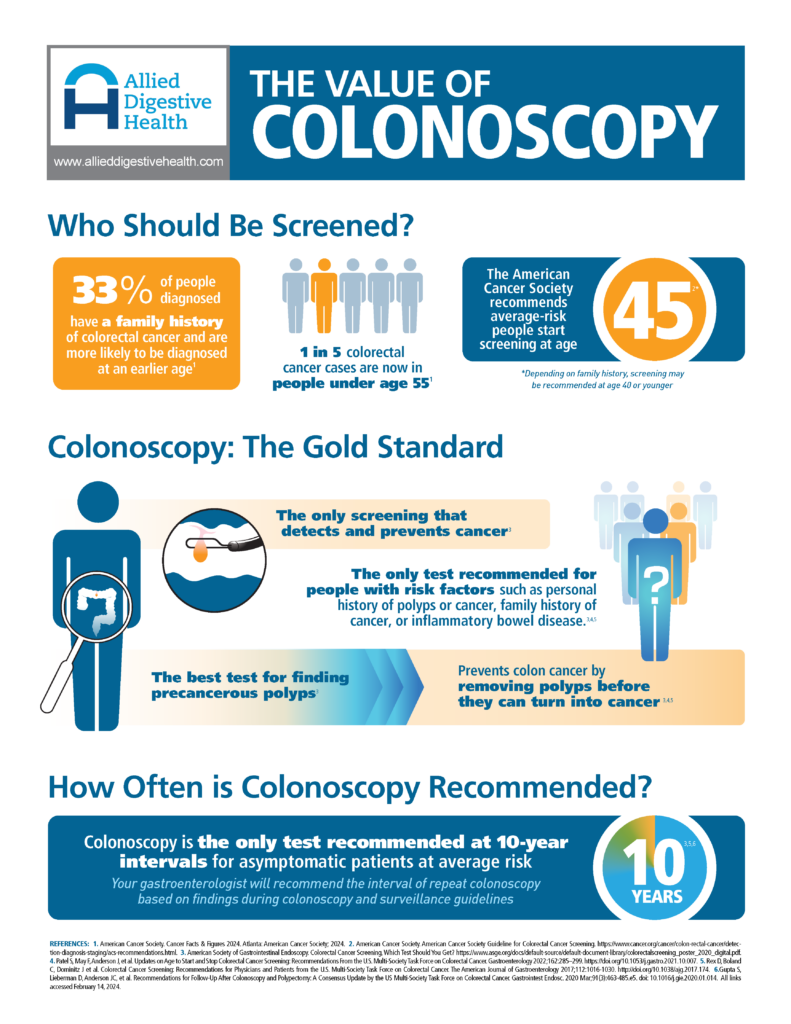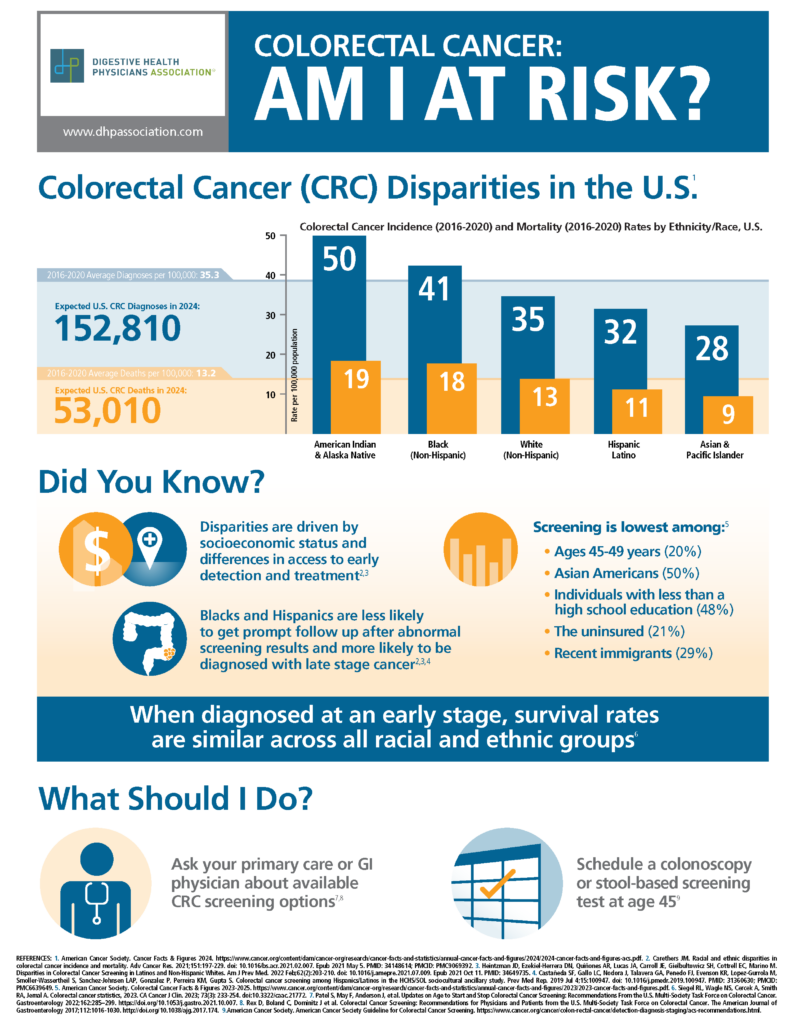

March is Colon Cancer Awareness Month!
Colorectal cancer, a malignancy affecting the colon or rectum, is the third most common cancer diagnosed in both men and women worldwide. The rising trend among younger age groups underscores the importance of raising awareness about the need for colorectal cancer screening among individuals age 45 years or older. Despite its prevalence, colorectal cancer is also one of the most preventable and treatable forms of cancer when detected early through screening.
Historically, colorectal cancer has been most commonly diagnosed in individuals over the age of 50. However, in recent years, there has been a notable increase in the incidence of colorectal cancer among younger adults, particularly those in their 20s, 30s, and 40s. This shift in demographics has prompted healthcare professionals to reevaluate screening guidelines and recommendations to ensure early detection and effective prevention strategies.
Several factors may be contributing to the rising incidence of colorectal cancer among younger individuals:
Changing Lifestyle Habits: Sedentary lifestyles, poor dietary choices high in processed foods and red meat, and obesity have all been linked to an increased risk of colorectal cancer.
Environmental Factors: Exposure to environmental toxins, such as pollutants and chemicals, may play a role in the development of colorectal cancer.
Genetic Predisposition: While hereditary forms of colorectal cancer, such as Lynch syndrome and familial adenomatous polyposis (FAP), are relatively rare, individuals with a family history of colorectal cancer or certain genetic mutations may have an elevated risk at a younger age.
Early detection remains the cornerstone of successful colorectal cancer treatment and improved outcomes. When colorectal cancer is diagnosed at an early stage, before it has spread to other parts of the body, the chances of successful treatment and long-term survival are significantly higher. By undergoing regular screening, individuals can detect precancerous polyps or early-stage cancer before symptoms develop, allowing for timely intervention and potentially life-saving treatment.
In response to the changing landscape of colorectal cancer incidence, some medical organizations have updated their screening guidelines to recommend earlier initiation of screening for average-risk individuals. The American Cancer Society now suggests that individuals at average risk should begin screening at age 45, rather than waiting until age 50. However, those with certain risk factors, such as a family history of colorectal cancer or genetic predisposition, may need to start screening even earlier.
As colorectal cancer rates continue to climb among younger age groups, it’s more important than ever for individuals to prioritize their colorectal health and consider screening at an earlier age. By raising awareness about the risks of colorectal cancer, promoting healthy lifestyle habits, and advocating for accessible screening options, we can work together to reverse this alarming trend and save lives. Whether you’re in your 20s, 30s, 40s, or beyond, taking proactive steps to safeguard your colorectal health can make a significant difference in your long-term well-being. Don’t wait until it’s too late—start the conversation about colorectal cancer screening today. Your future self will thank you.


©2025 Allied Digestive Health. All Rights Reserved.